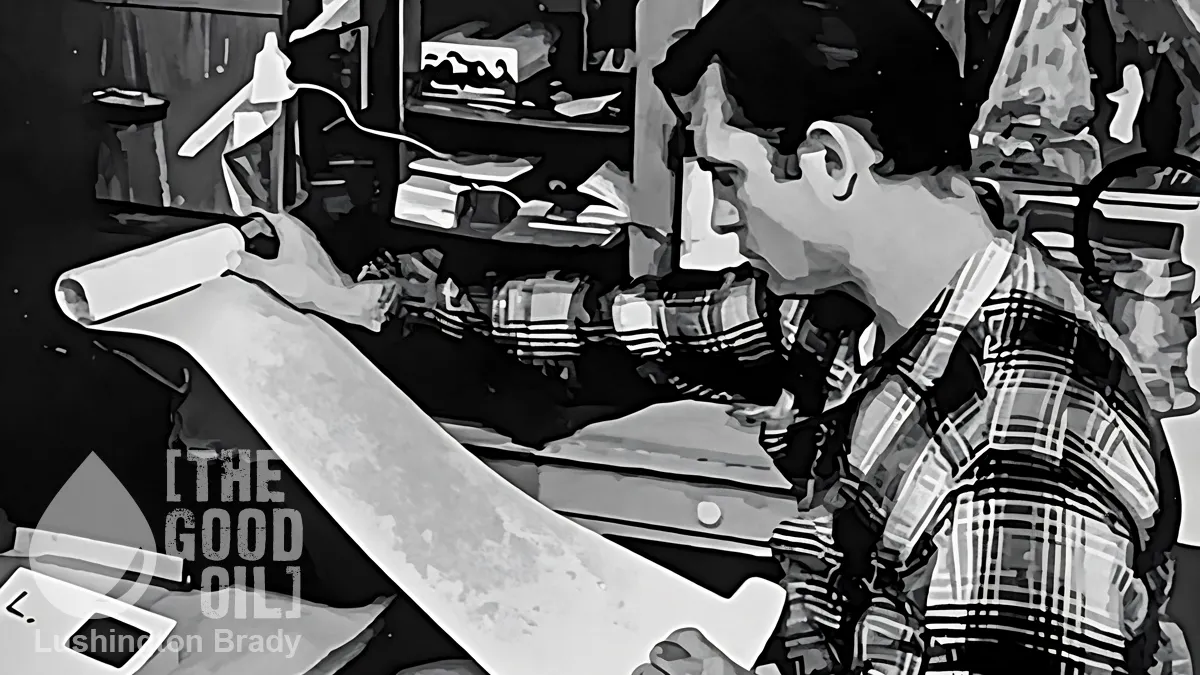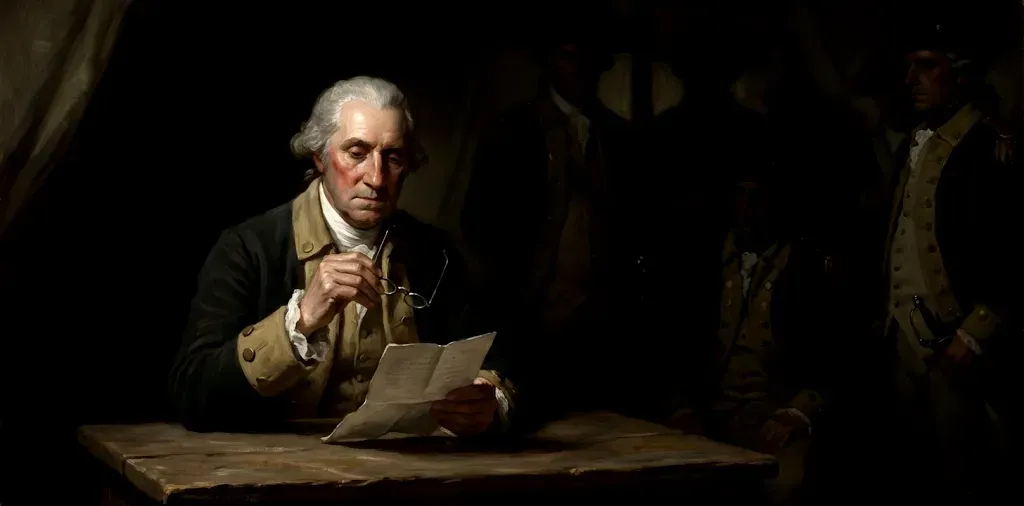Table of Contents
I loved the classics growing up. I followed the writings of Roald Dahl and CS Lewis. I also developed a love of the Victorian classics. From Oliver Twist to Sherlock Holmes I became acquainted with the literature of the Industrial era which gave me a window into the attitudes and culture of the time. Through this, I became fascinated with the Victorian era which led to an interest in history and culture as well as an appreciation for the Western world and its achievements.
However, according to a report from the Research, Information and Communications Unit, a secretive strategic communication department of the Home Office that helps with counter-radicalisation, these classics somehow make me ‘far right’.
We should not be surprised that another counter-terrorist agency is concerned about the ‘far right’. This agency was originally established after 9/11 to respond to the threat of Islamic terrorism; however, this mission changed over time with the academic classes that advise them becoming more woke and shifting that purpose to achieve their Marxist goals.
Douglas Murray obtained this report and wrote in the Spectator about how the secretive unit had looked into the social media users who considered themselves ‘actively patriotic and proud’. He wrote:
…according to RICU there were warning signs if people absorbed information or opinions from “pro-Brexit and centre right commentators”. These included Jacob Rees-Mogg, Melanie Philips, Rod Liddle and yours truly…
So it seems even the centre-right are now part of the far right. I wonder how that applies to the likes of David Farrar?
One RICU document shows a number of books and films that are considered sources of radicalisation. This list included:
- Lord of the Rings by JRR Tolkien
- Brave New World by Aldous Huxley
- The Secret Agent by Joseph Conrad
- 1984 by George Orwell
- The works of GK Chesterton
- The Bridge on the River Kwai
- The Great Escape
- Zulu
- The works of Shakespeare
- The works of Chaucer
- The poems of Milton and Tennyson
- The works of Rudyard Kipling
- The works of Edmund Burke
- Beowulf
- The Canterbury Tales
- The Dambusters
- House of Cards
- Tinker Tailor Soldier Spy
Ironically, George Orwell’s 1984 was a warning against fascism and authoritarianism, which he said in an interview could actually happen. Similarly, some of the works of Shakespeare served as a commentary about ruling elites and their abuse of power. They would serve as an inspiration for House of Cards that reflected the reality of the establishment in London and Washington DC. Dambusters was a war movie about how the British crippled the Nazis; therefore I was quite surprised to see this make the list.
It is truly a tragedy that we have come to the point where the people we trust to stop radicalisation do not seem to have an idea of what radicalisation actually is: even more so when they now believe that the classical literature that shaped the West is dangerous.
I was also not surprised at the media’s tacit approval of this list, considering they are more outraged about the banning of books that sexualise and groom children from schools and libraries. Freedom of the press and expression was only convenient until they had the power to take that freedom from others. Because now that the radicals are in power, those who oppose them are now the radicals.









